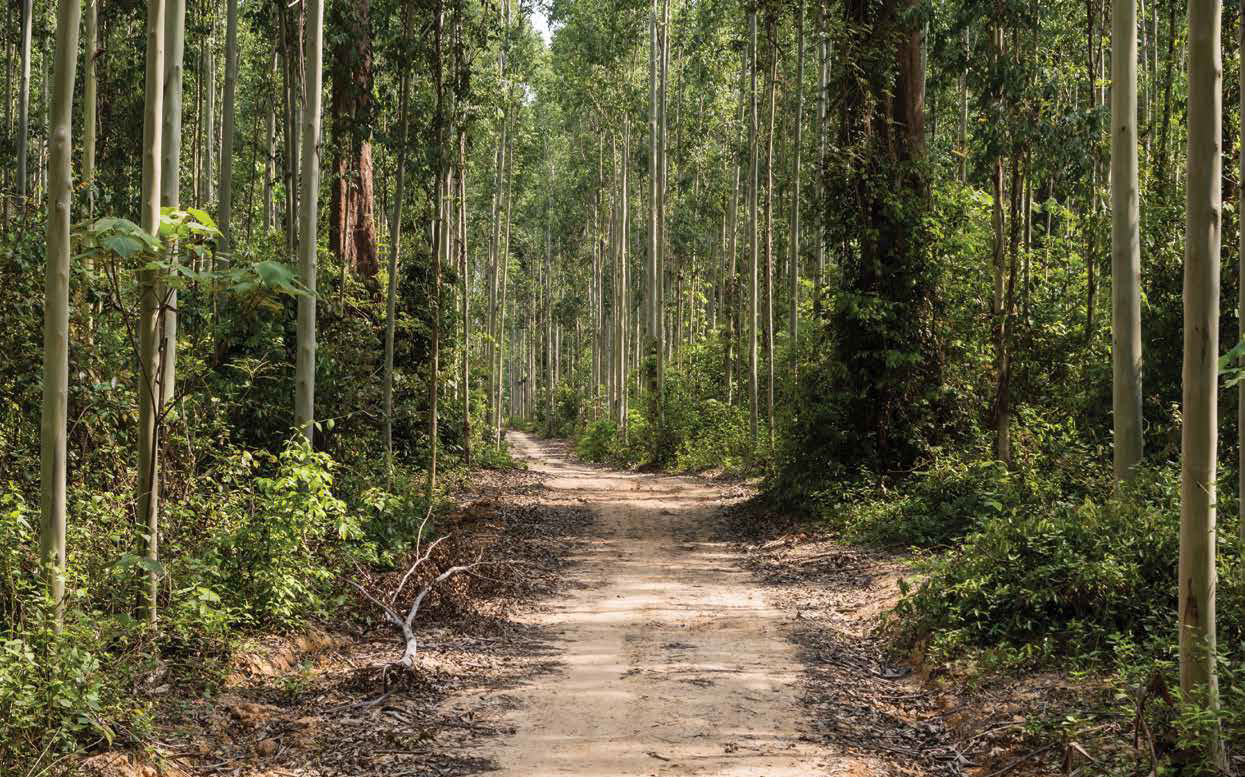Sustainable Investment in Southeast Asian Plantation Forestry
Plantation Forestry in Southeast Asia
Many Southeast Asian countries are attractive for institutional investment in plantation forestry as a result of the following factors:
- Proximity to existing and fast-growing major markets such as China, Vietnam, Thailand, Indonesia, India, and Malaysia
- Increasing pan-Asian Gross Domestic Product (GDP) and growing middle classes driving timber and wood fibre demand for both domestic consumption and wider re-export markets
- Development of processing infrastructure, including opportunities for new investments relating to plantation assets
- Competitive land and direct cost structures compared to those in other prominent forestry markets, such as Brazil, New Zealand, and the United States
- Favourable growing conditions, including productive soils, rainfall, and climate
- Potential to generate significant Environmental, Social, and Governance (ESG) related benefits, including climate mitigation and adaptation, biodiversity conservation, and support for communities and rural livelihoods.
New Forests believes that Southeast Asia offers institutional investors an opportunity for competitive forestry returns compared to more established markets, diversification into new markets, and the capacity to support the region’s transition to a sustainable, responsible forest industry. New Forests sees opportunities to add value to investments through disciplined forest management, a leading approach to responsible investment, and the strengthening of timber marketing and supply chains.
New Forests has been actively developing its forestry investment program in Southeast Asia since 2008. In 2012, New Forests launched its Tropical Asia Forest Fund (TAFF), the first institutional investment fund with a dedicated focus on sustainable forestry in Southeast Asia. Through the creation and successful deployment of TAFF, New Forests has developed an existing portfolio of businesses in Malaysia, Indonesia, and Laos covering approximately 150,000 gross hectares. In addition to focusing on improvements in forestry, timber markets, and governance, New Forests has implemented comprehensive Environmental and Social (E&S) programs, aligned with the UN Sustainable Development Goals, for each TAFF investment.



